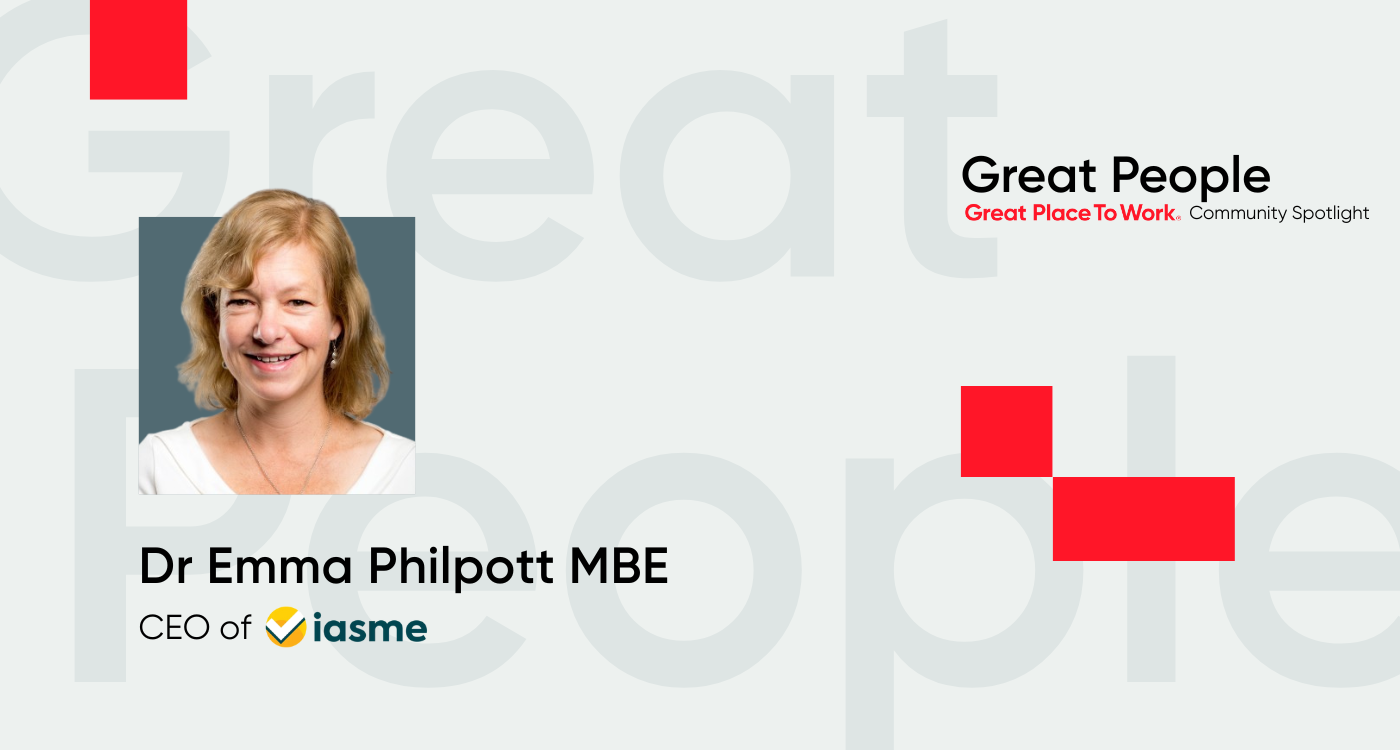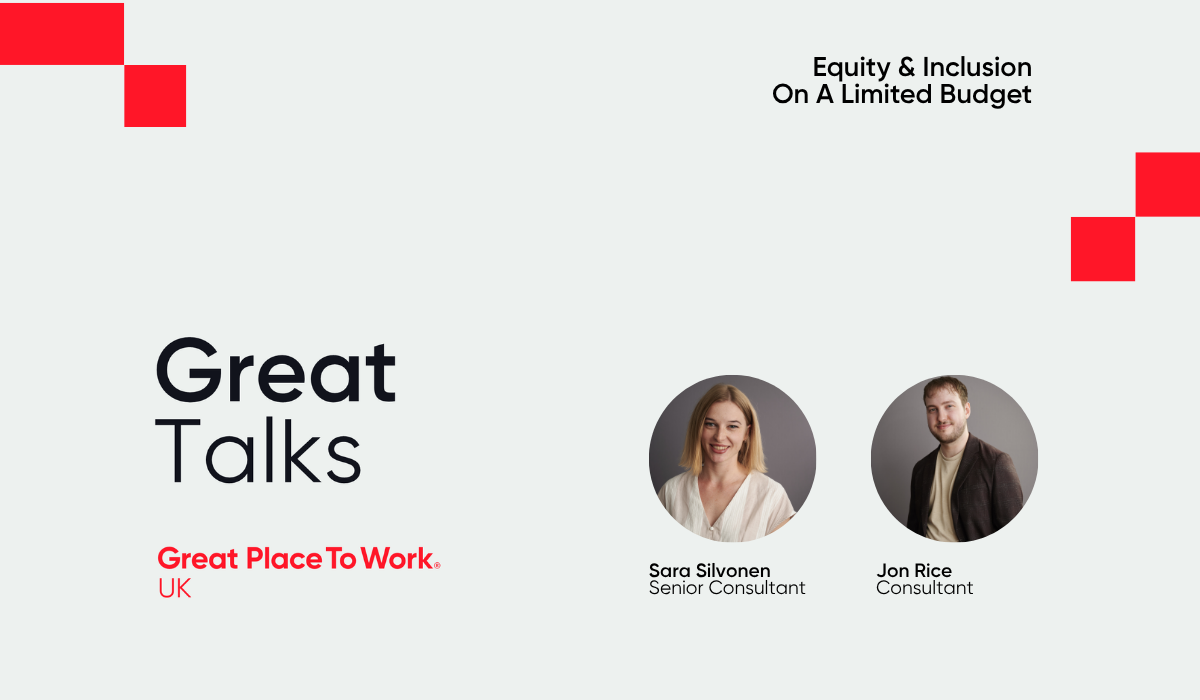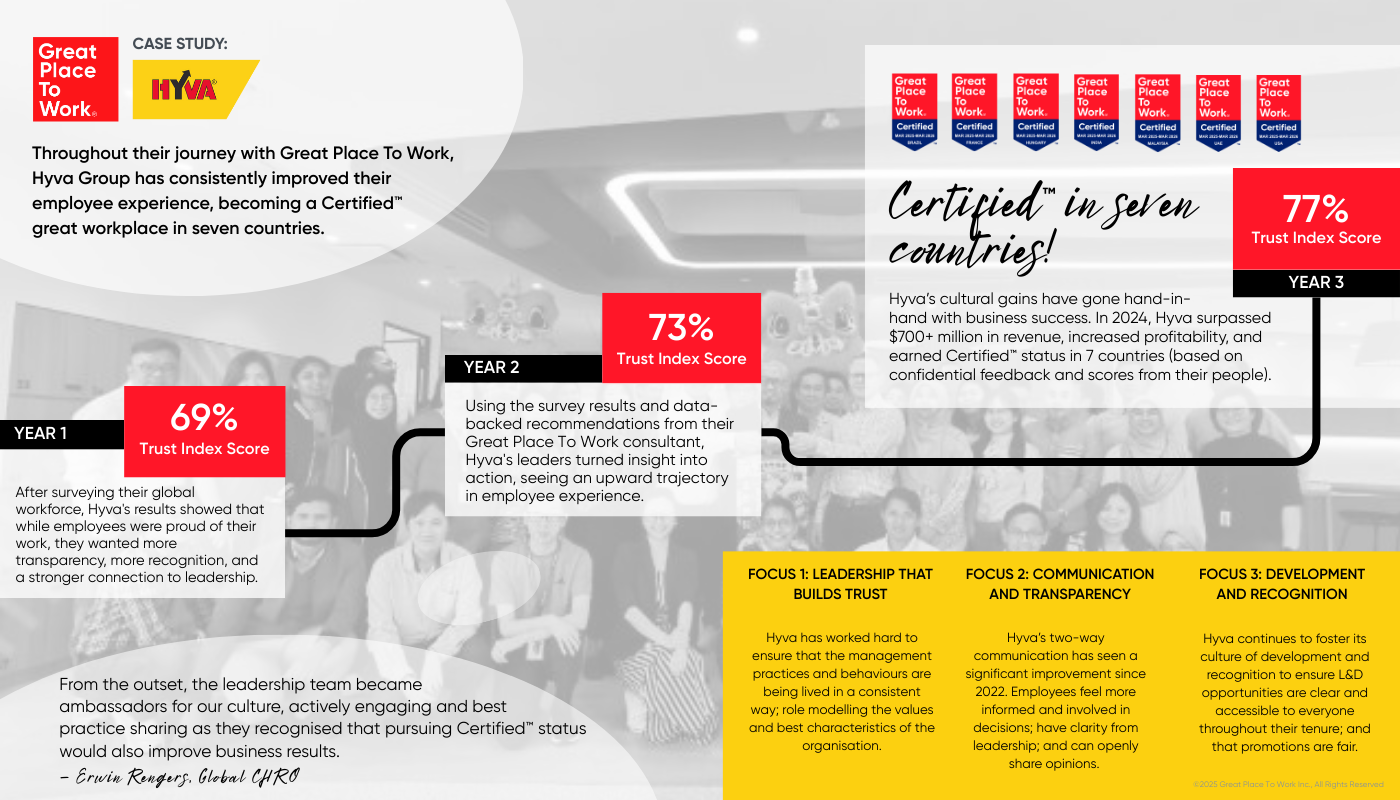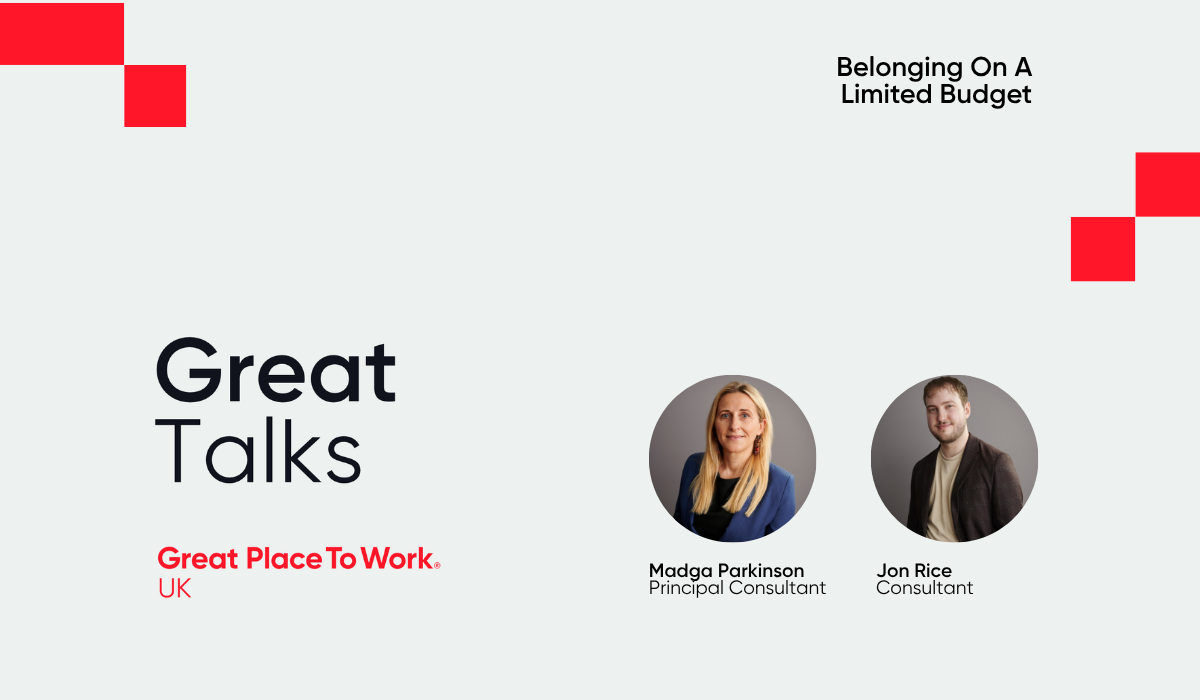The business world may be ever-changing, but one thing remains constant: organisations (and leaders) who harness the diversity of their people are the ones that will continue to excel.
After all, countless studies show that in the companies whose people feel they belong to an inclusive culture for all, leaders reap the rewards of better employee engagement, pride, brand advocacy, innovation, and retention.
Driving inclusive cultures
Many ingredients contribute to whether a workplace is inclusive.
Today, companies are more diverse and globally connected than ever. To get an edge over the competition amidst the multiple complexities of the current work environment, leaders need to tap into collective intelligence and maximise the potential of every individual across their workforce.
Some examples of how leaders can drive inclusive cultures include:
- ensuring all employees – regardless of who they are or what they do – feel safe to speak up or share feedback
- implementing flexible policies and providing inclusive benefits
- creating a culture of celebrating people's differences
- enabling every individual with equal opportunities for growth within the business
- and engaging with external communities to foster belonging.
The result: employees feel they work in a collaborative environment which values and respects the diverse backgrounds, perspectives, experiences, and contributions of every individual.
This then promotes creativity, innovation and problem-solving – all of which allow the business to better understand and address complex challenges in the market.
Leaders set the tone
If you're a leader, you play a critical role in fostering inclusivity within your workplace.
According to the Harvard Business Review, leaders "account for a difference of up to 70 percentage points in employees’ experience of belongingness and psychological safety."1
And when you're an inclusive leader, it's more likely you'll also see a multitude of benefits to your people and the organisation – such as increased overall team performance; "a 20% increase in decision-making quality; and 29% increase in team collaboration. Inclusive leaders also cut down employee attrition risk."1
This is because when employees feel included, they’re more likely to be engaged, motivated, and committed to their work. And bringing their whole selves to the workplace fosters a sense of authenticity, enhancing teamwork and collaboration.
As Xanthe Watkins, Senior Consultant at Great Place To Work explains:
“Great leadership shapes experience, and experience then shapes culture. Our data reveals that employees who believe management shows a genuine interest in them as people, and not just employees, are 7X more likely to recommend the organisation to family and friends as ‘a great place to work’ than those whose managers fail to do so. They’re also 7X more likely to feel the organisation is a psychologically and emotionally healthy place to work, which significantly impacts their wellbeing and intent to stay with the company – and, in turn, the business’ overall performance.”
It’s okay to make mistakes
Great leaders also acknowledge that sometimes errors can happen despite our best intentions – whether that be unintentionally causing a microaggression towards a colleague, or inadvertently overlooking an aspect of inclusivity (e.g. not actively promoting diversity in one’s hiring practices).
What truly matters is how we respond to these situations. Inclusive leaders practice empathy, accountability, and a commitment to rectifying the issue.
In practice, this means listening effectively to the affected individual's perspective, acknowledging the impact of one’s actions, and taking steps to make amends. At times, it may require offering a sincere apology, raising awareness (e.g. through anti-bias training), or implementing updates to existing policies or strategies to prevent similar occurrences from happening in future.
By helping others to reframe their mindset and encouraging all those involved to approach such incidents with care and a genuine desire to learn and grow, leaders can preserve their supportive work environment. And colleagues can feel heard and respected, leading to higher levels of employee satisfaction, camaraderie, and sense of belonging.
Inclusion as a competitive advantage
Inclusive culture provides a recruitment and retention advantage by attracting top talent from diverse backgrounds whilst simultaneously fostering employee loyalty.
This creates a vibrant workforce and drives higher levels of creativity, engagement, and productivity.
Moreover, studies from Boston Consulting Group, Forbes, Harvard Business Review, and others have all shown evidence proving a strong correlation between inclusion and profitability, highlighting the positive impact of diversity and inclusion on financial performance.
For example, McKinsey & Company reported that companies in the top quartile for ethnic and cultural diversity on Executive Teams were 36% more likely to outperform their peers in terms of profitability.2
How the UK's Best Workplaces Do It
Accenture – one of the 2023 UK’s Best Workplace for Women™ – has a shared parental leave policy to make returning to work more inclusive for all. The company offers mothers, fathers, primary adopters, and partners all access to 32 weeks of full paid leave.
Also on the list is Home Group Ltd, who were the top company in the Super Large category. Home Group has adopted the 'Halo Code' (the UK's first Black hair code) to help make their workplace more inclusive of everyone's hair types and styles. The 'Halo Code' is a promised pledge to offer their black employees "freedom and security to wear all afro-hairstyles without restriction or judgment". Home Group say they “hope that this will move them closer to a world where all black members of their community have their identities fully recognised and celebrated.”
Key Takeaway
When leaders strive to create a workplace where all employees feel they belong, they show employees that everyone's unique talents matter, fostering an inclusive culture that enables organisations to tap into the full potential of their workforce, drive innovation, and gain a competitive edge in the market.
Discover the ROI of a thriving, inclusive workplace culture in Dr. Alex Edmans' keynote on How Employee Satisfaction Fuels Financial Performance. Watch now.
Footnotes:
1 Harvard Business Review (2023)


.png?width=640&height=213&name=Copy%20of%20CTA%20Banner%20(5).png)







